In the previous article, we discussed “How do I find sunglasses that fit over prescription glasses?”. In this article, let’s talk about “Can wearing the wrong prescription glasses damage your eyes?”.
Wearing the wrong prescription glasses for an extended period can lead to eye strain and discomfort, but it typically does not cause permanent damage to your eyes. However, it's essential to understand the potential issues that can arise from wearing glasses with an incorrect prescription:
Eye Strain: Wearing glasses with an incorrect prescription can cause eye strain, leading to symptoms like headaches, blurred vision, and fatigue. Your eyes may work harder to focus properly, resulting in discomfort.
Reduced Clarity: Glasses with the wrong prescription won't provide you with the clear vision you need, and this can affect your daily activities such as reading, driving, or working on a computer.
Adaptation Issues: Your eyes might initially struggle to adapt to the new prescription, causing temporary discomfort. However, this discomfort should diminish as your eyes adjust.
Potential for Amblyopia: In some cases, particularly in children, wearing the wrong prescription for an extended period might contribute to the development of amblyopia or "lazy eye." This is a condition where one eye doesn't develop normal vision because it's not being used correctly. Correcting the prescription early is crucial in preventing this condition.
While wearing the wrong prescription is unlikely to damage your eyes permanently, it's essential to address any discomfort or vision problems promptly. Regular eye exams with an optometrist or ophthalmologist are essential to ensure that your prescription is up-to-date and accurately reflects your vision needs. Wearing the correct prescription glasses will not only improve your visual comfort but also help maintain healthy eye function in the long run.
How to avoid get a wrong prescription glasses?
Go to a regular hospital to check your eyes
On the surface, pseudo-myopia is the same as true myopia, that is, looking far away is blurred and near looking clearly. But looking at the essence through the phenomenon, the difference between the two is obvious. The so-called pseudo-myopia is due to frequent incorrect use of the eyes. The ciliary muscles continue to contract and spasm, and they cannot get the rest. And the crystals are also in a state of thickening. In this way, the parallel light from the outside enters the eye, and after the thickened lens chamber is flexed, the focus falls to the front of the retina, and it is naturally unclear to look at things in the distance. During this period, the eyeball has no organic changes. If you can take proper rest and treatment, pay attention to eye hygiene, use your eyes reasonably, and hope to restore normal vision. However, if the false myopia is not corrected and treated in time, it will develop into true myopia over time. There are many ways to treat pseudomyopia, mainly relaxation and adjustment, such as application of cycloplegia, acupuncture, physical therapy, improving the learning environment, paying attention to eye hygiene, and doing eye exercises. If you suspect false myopia, you should go to the hospital for an eye examination as soon as possible.(https://www.koalaeye.com/collections/eyeglasses)
Wear glasses normally after being fitted with glasses
If you have myopia and have been diagnosed as true myopia at the same time, and the degree is above 0 degrees, you should wear suitable myopia glasses for correction. Once equipped with glasses, you should wear them except for washing your face and sleeping, because myopia patients are in a state of emmetropia after wearing suitable glasses, and the natural relationship between adjustment and convergence is restored. Wearing glasses is not only to improve eyesight, but also to read and work within an appropriate distance, so that there is a normal coordination relationship between the adjustment of the eyes and the convergence function, and to avoid eye fatigue.
Thank you for your time in reading our passage “Can wearing the wrong prescription glasses damage your eyes?”. For more information about sunglasses and eyeglasses, please continue to follow KoalaEye Blog. Also, it is welcome to share and forward to Facebook and Twitter.











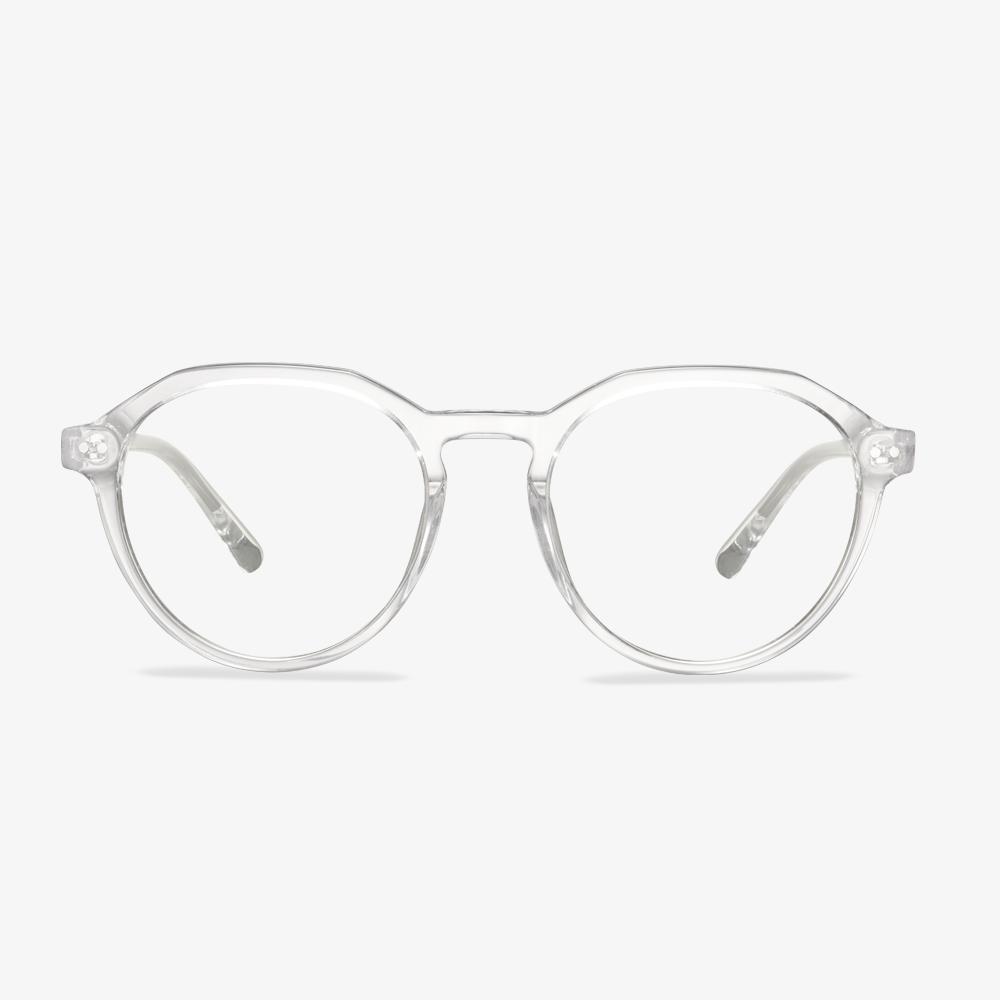
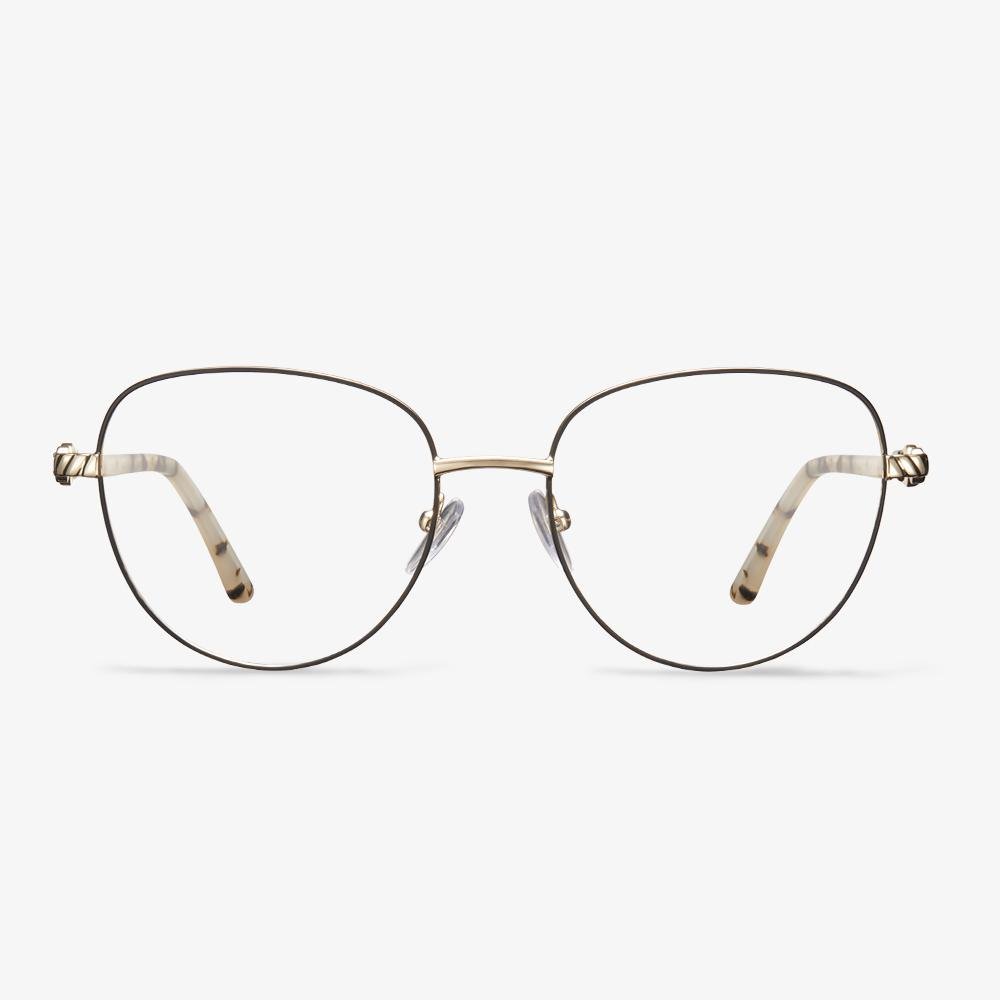
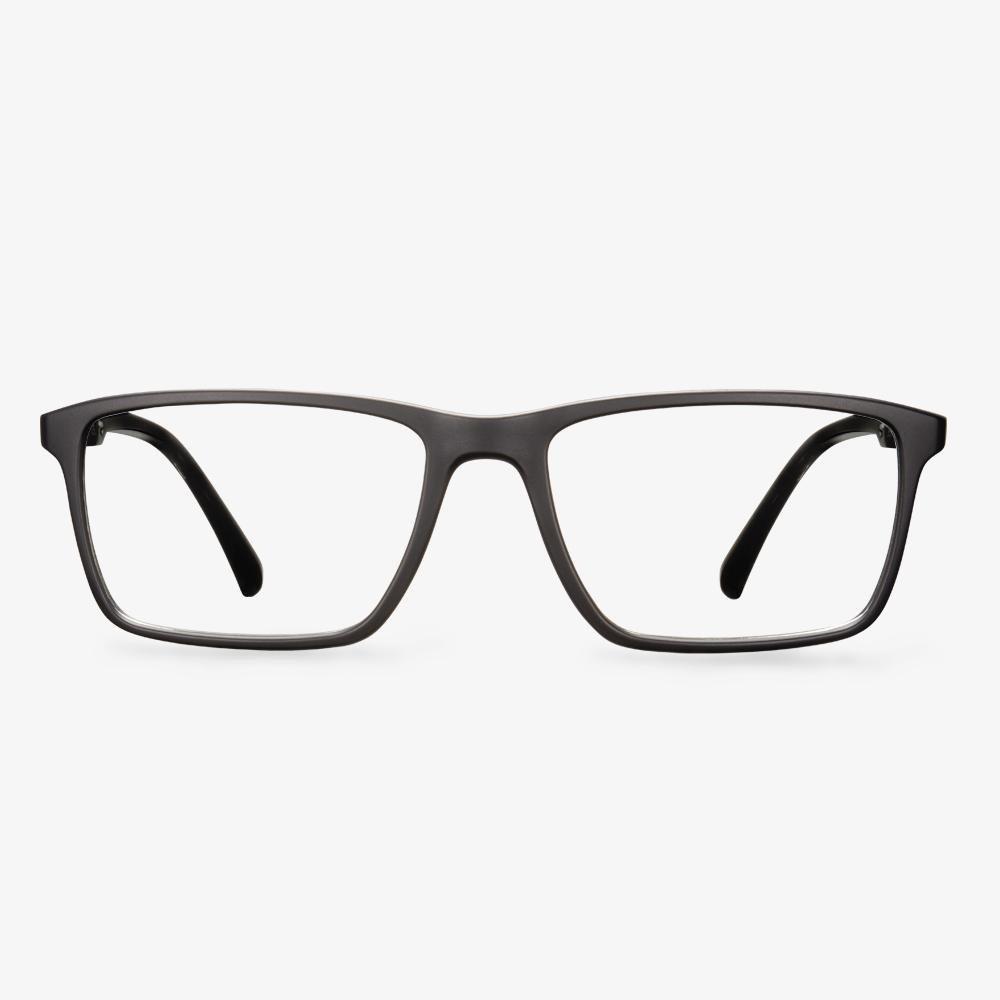
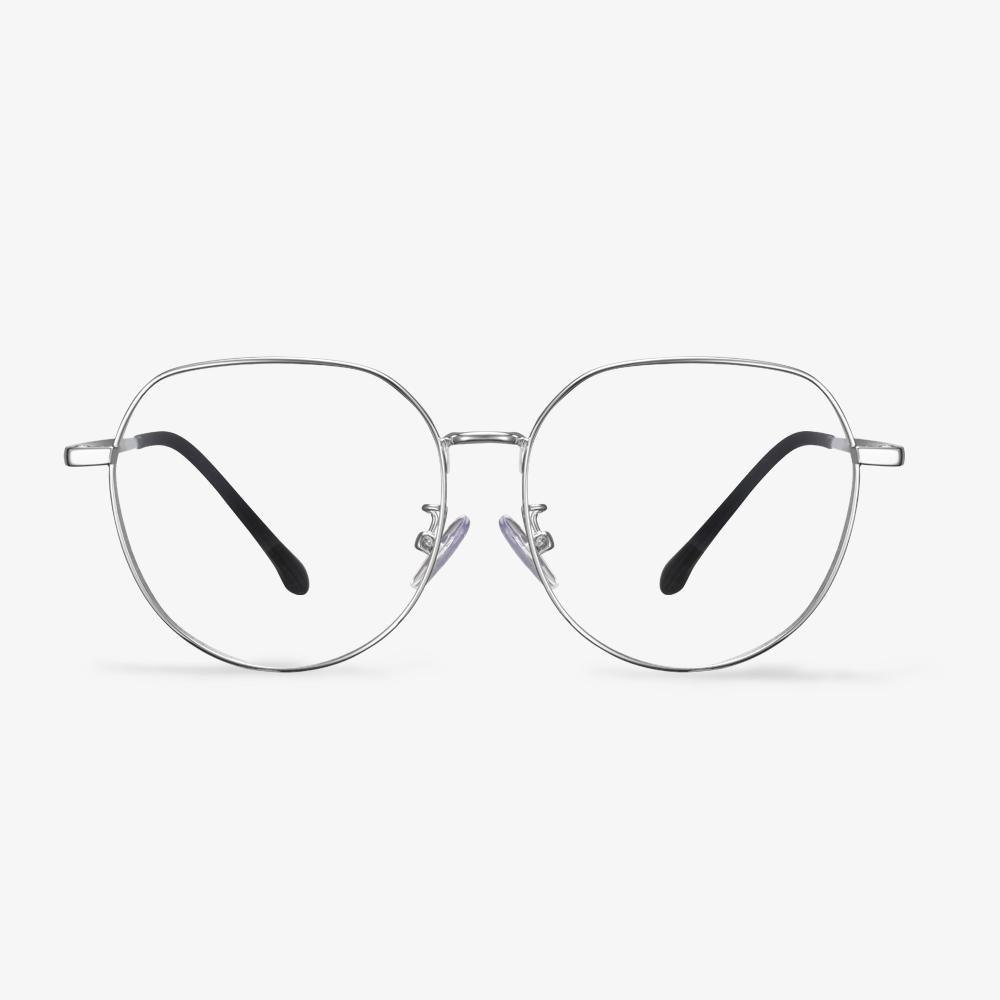




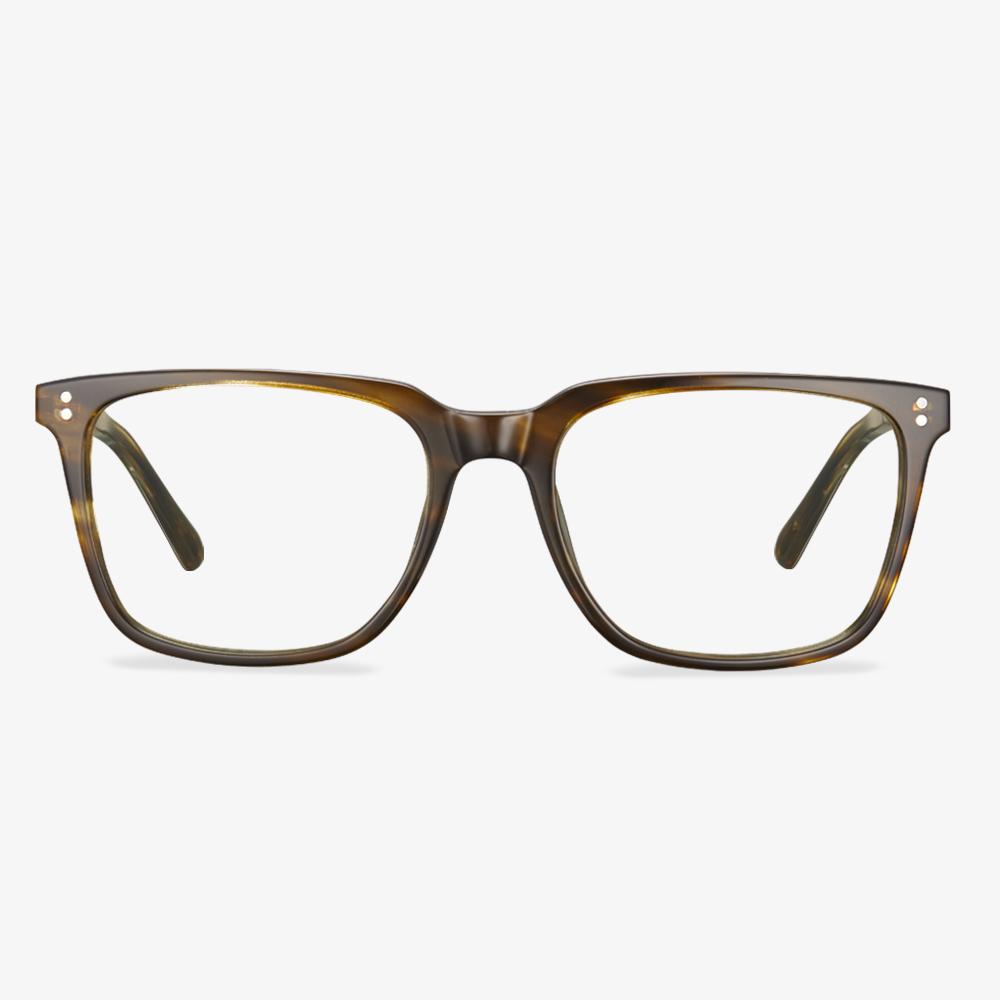


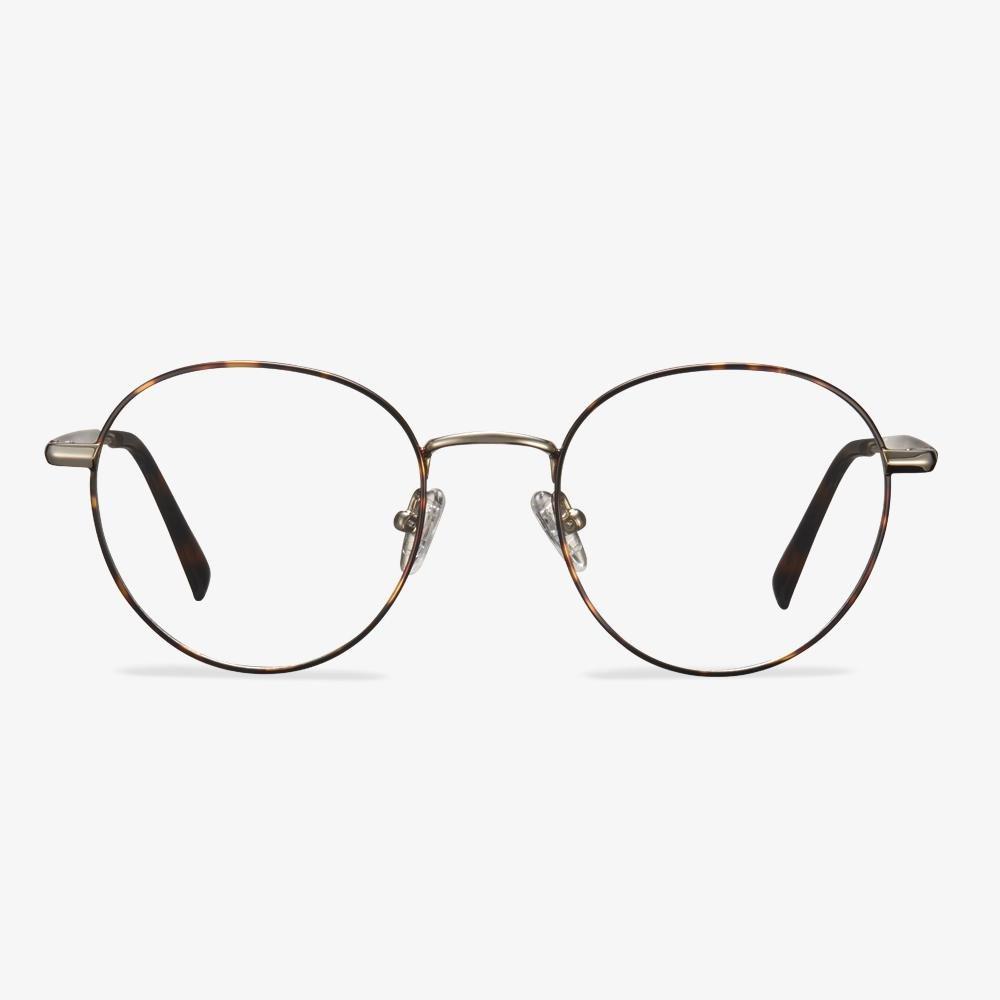


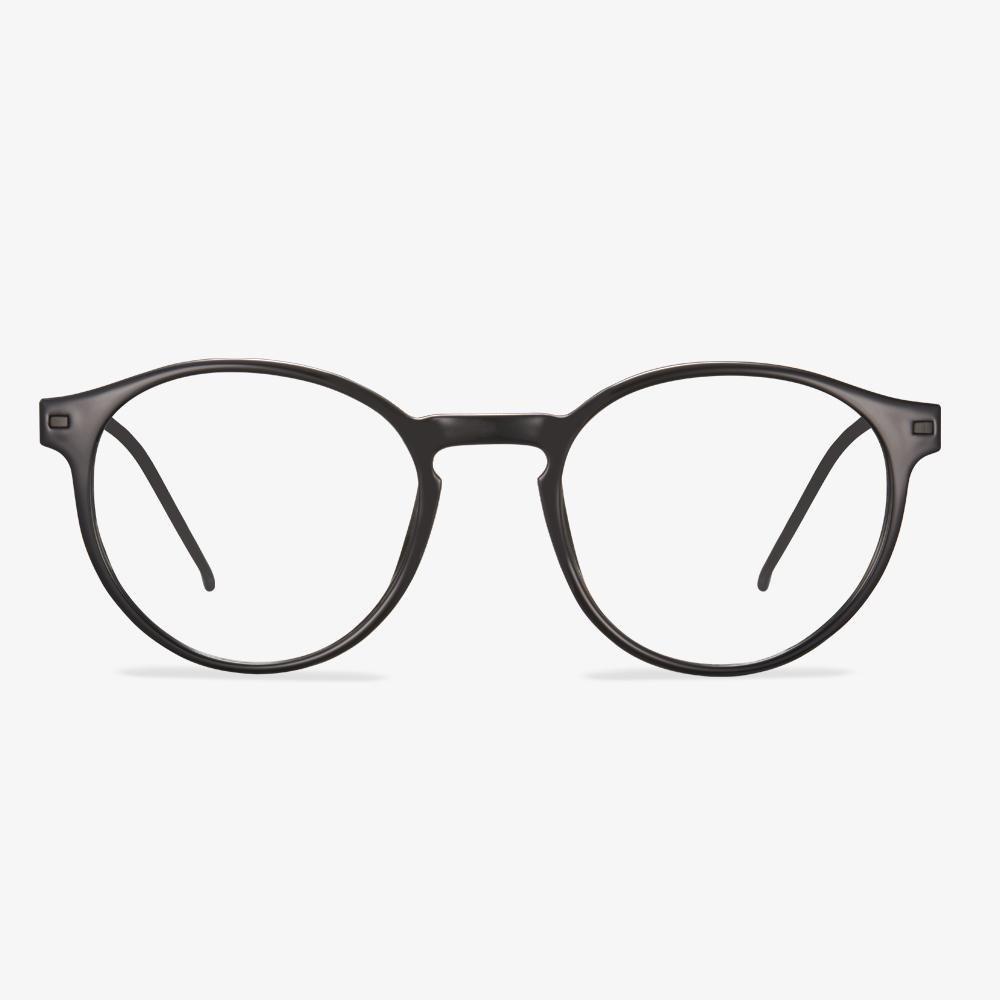
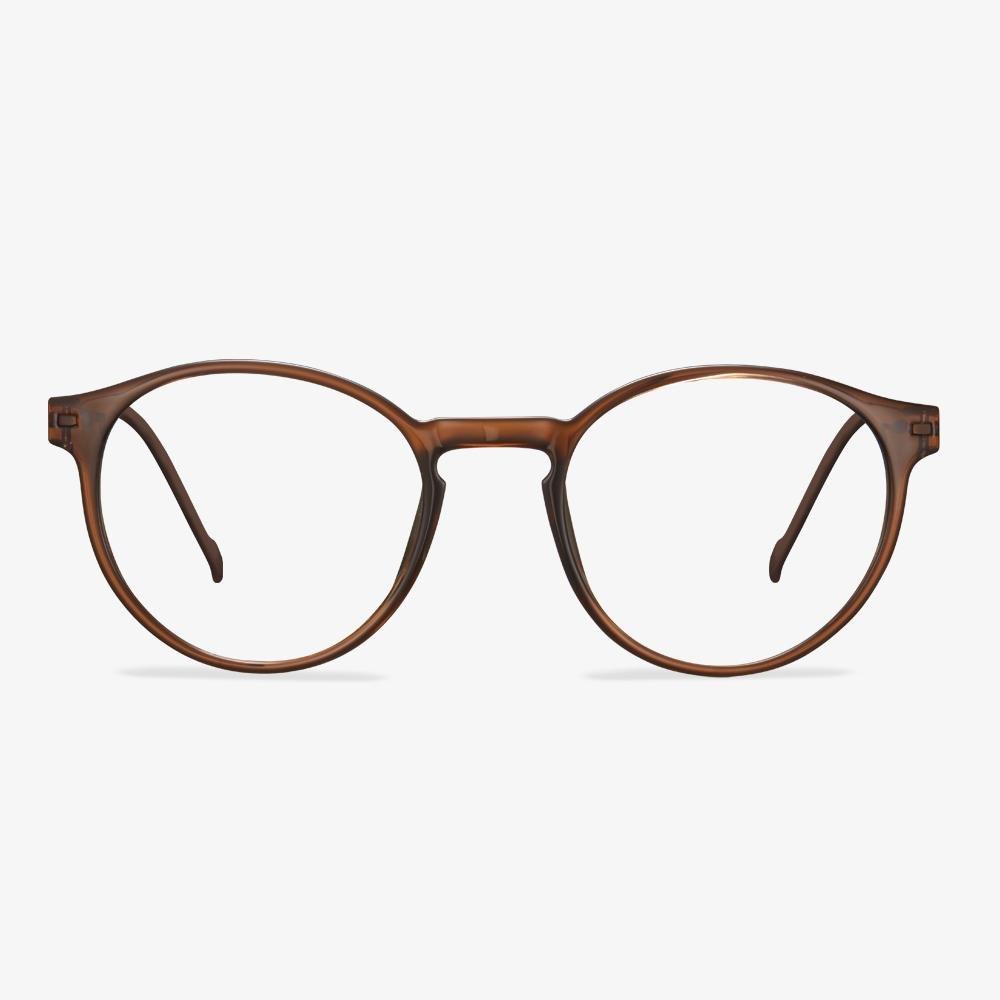
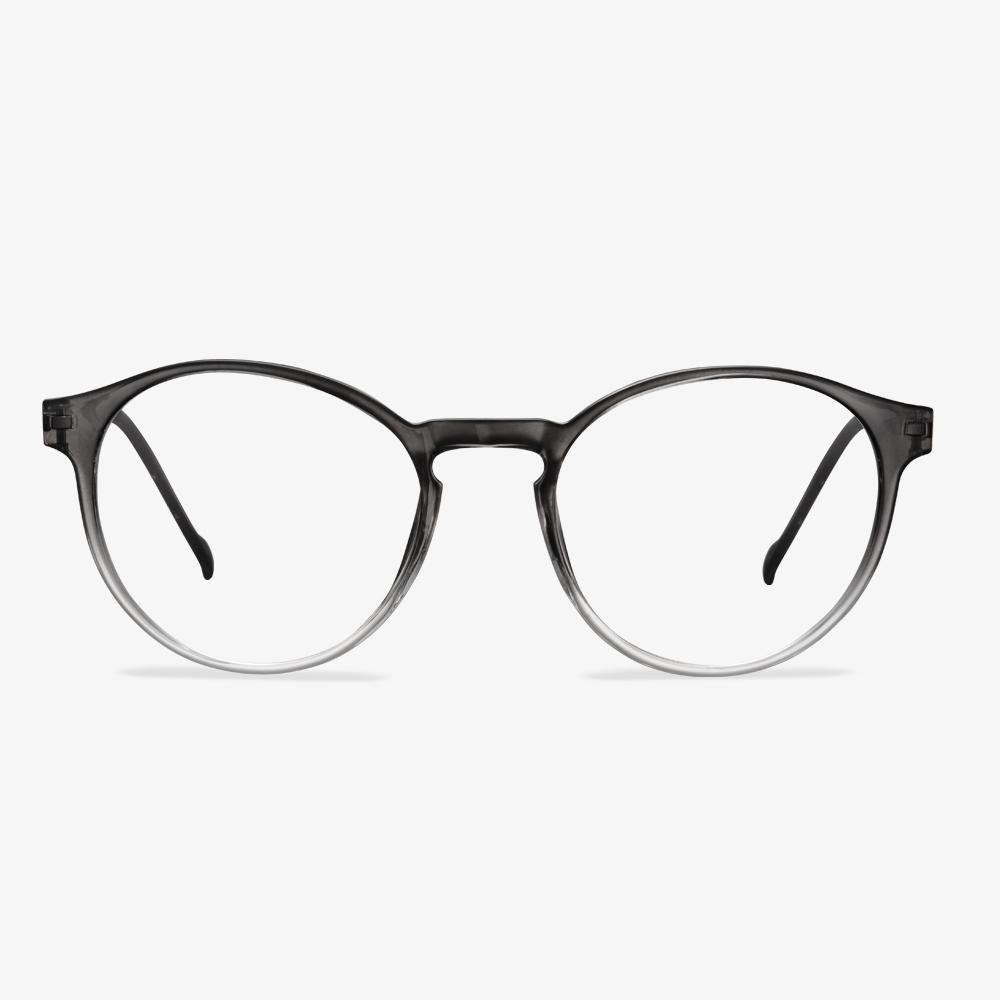


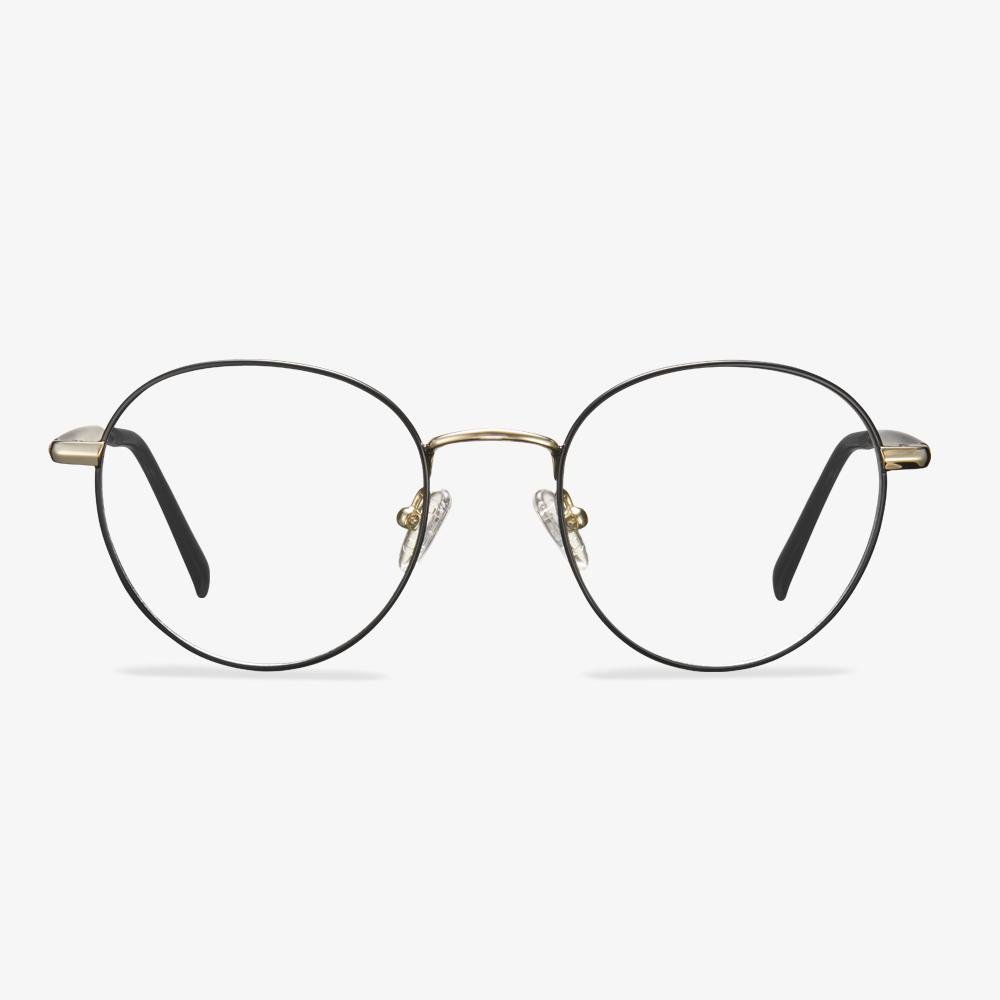

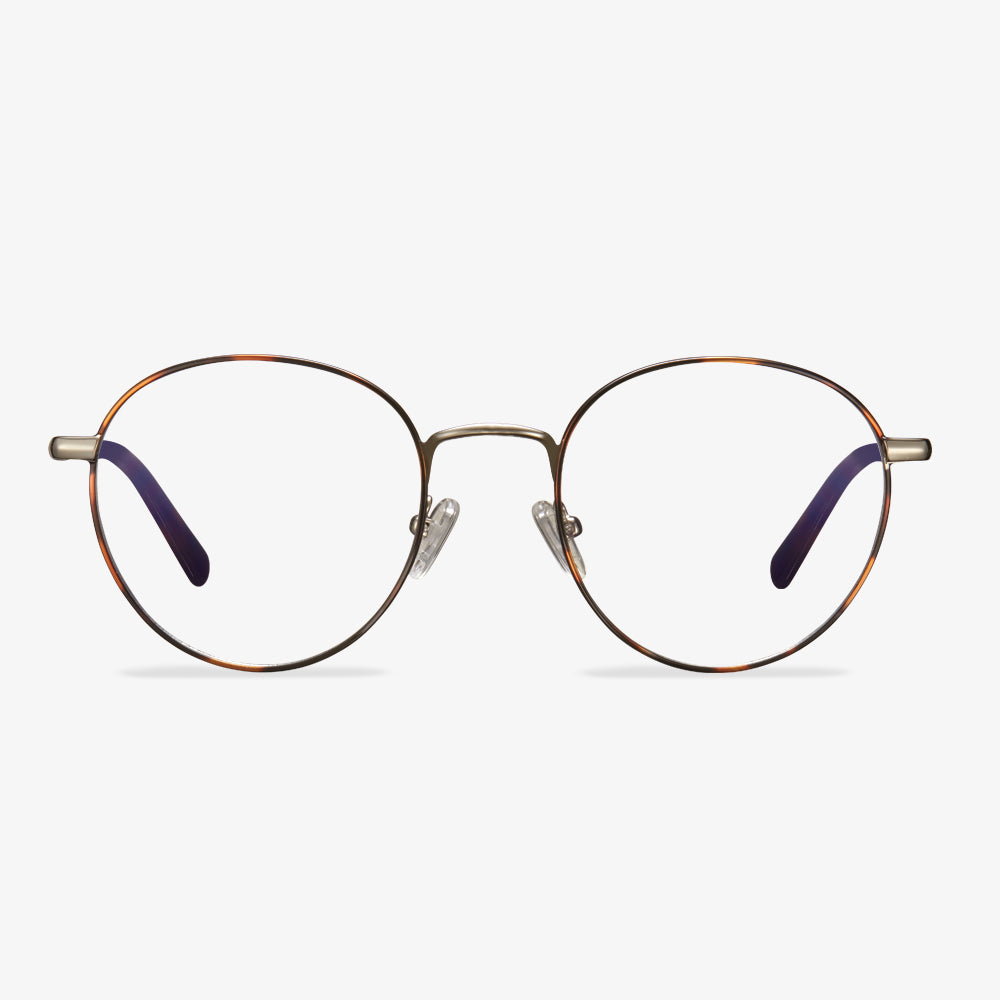
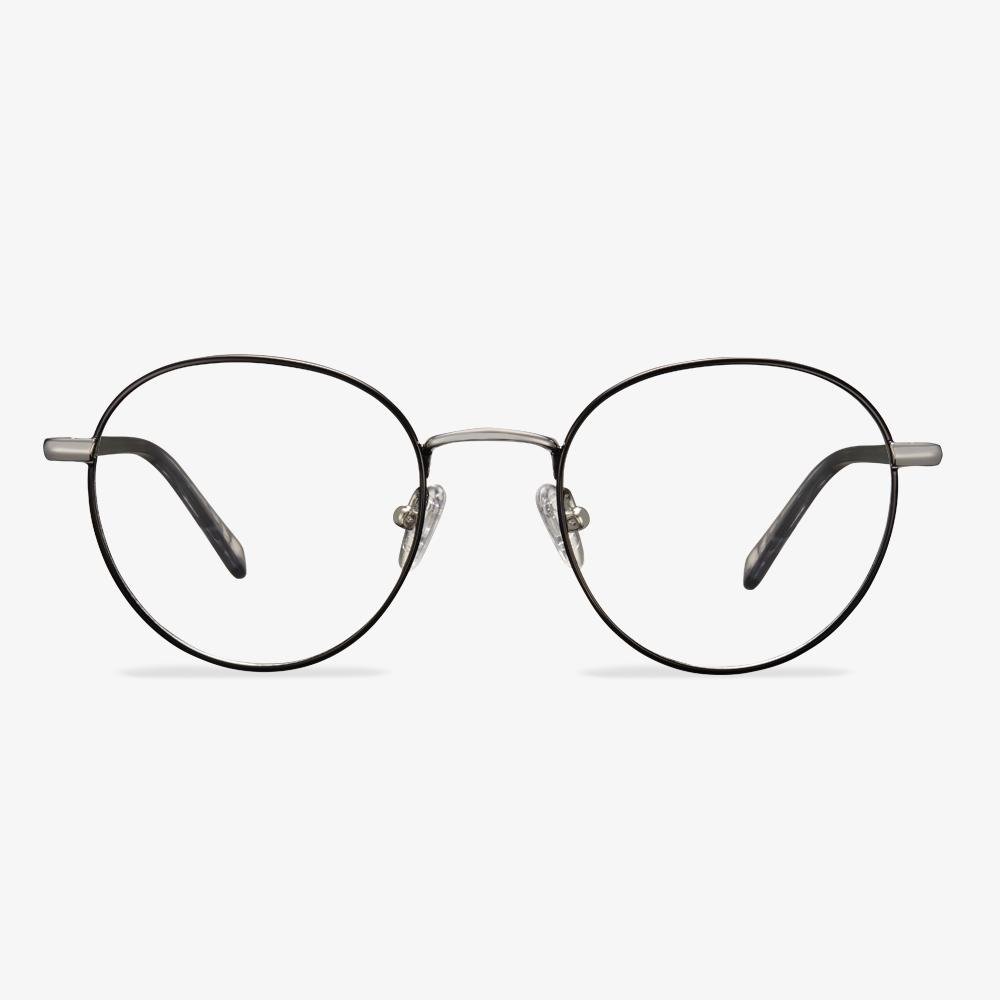
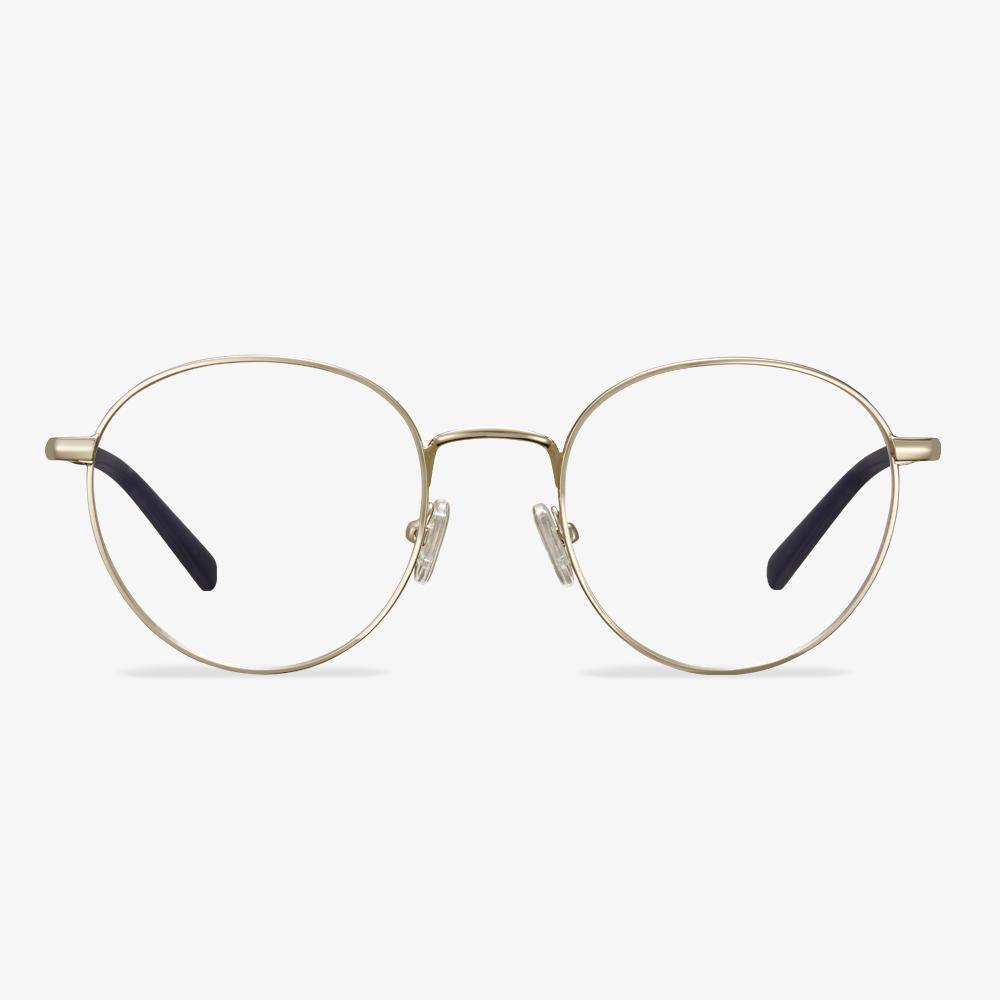
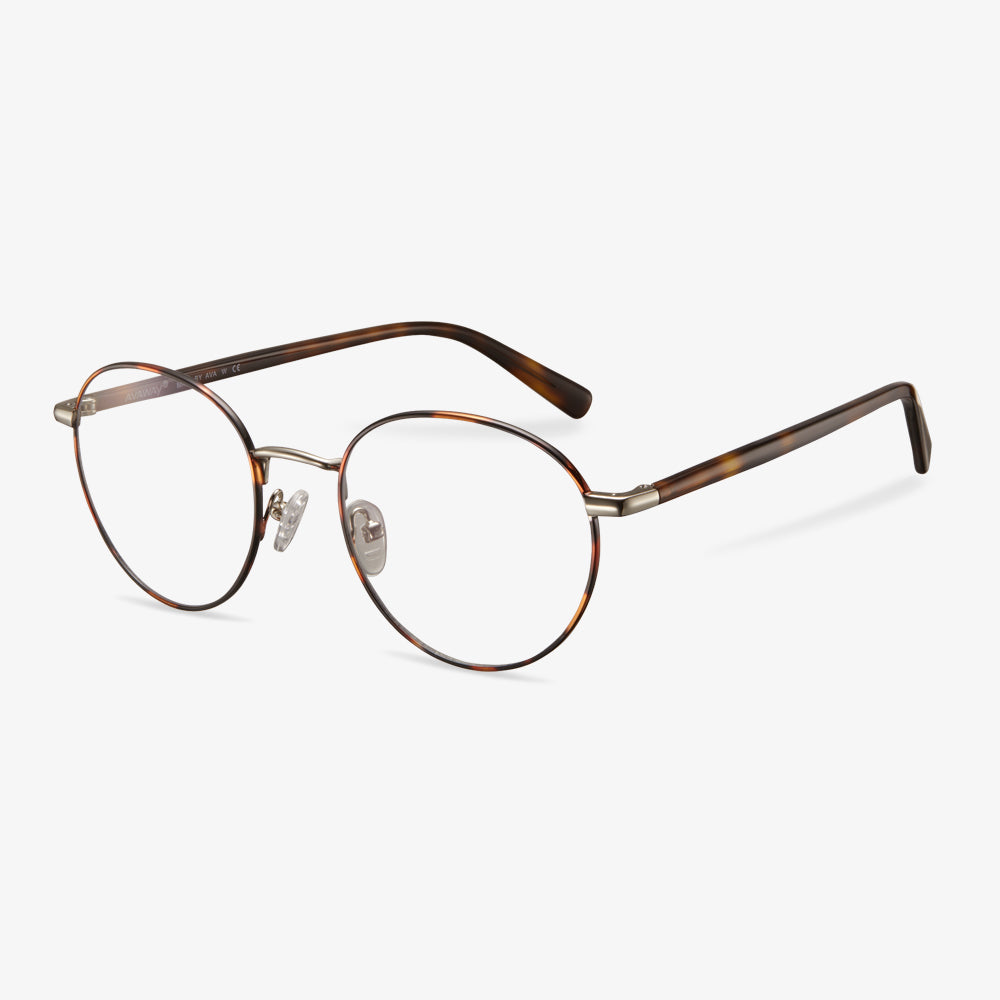
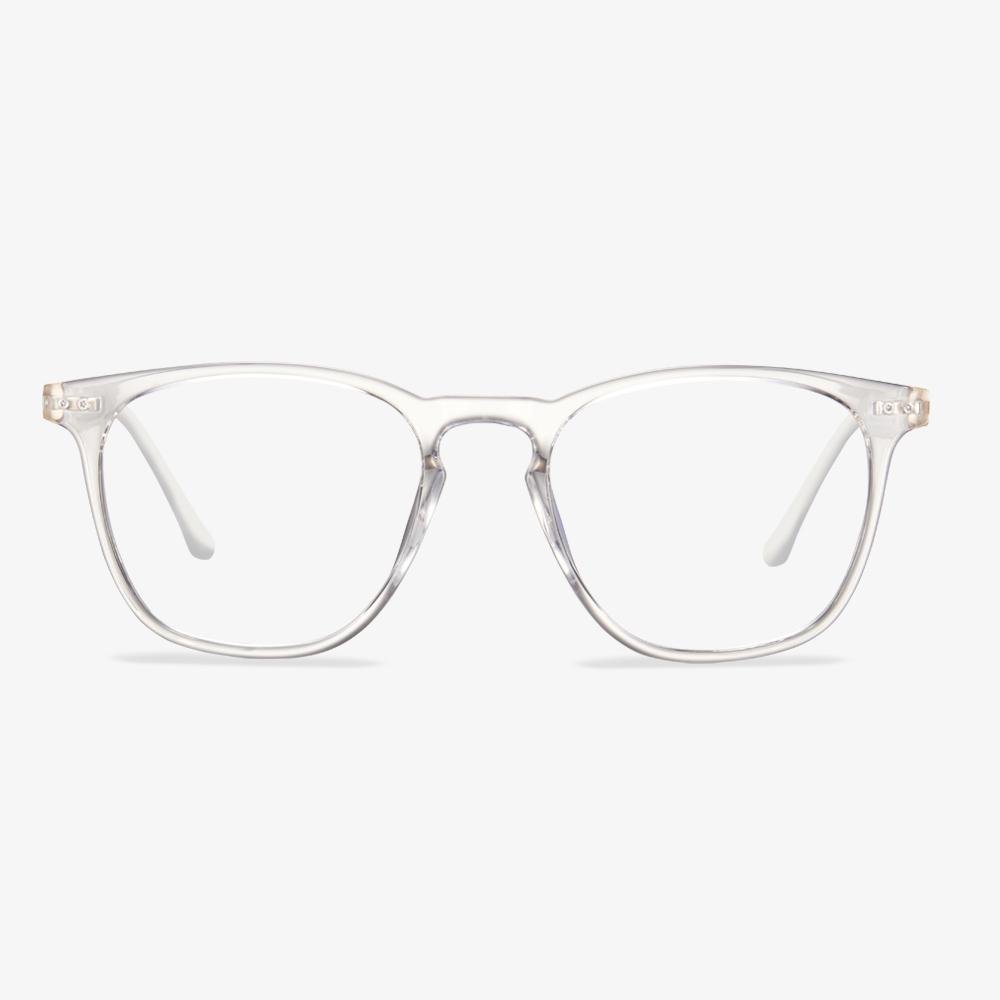
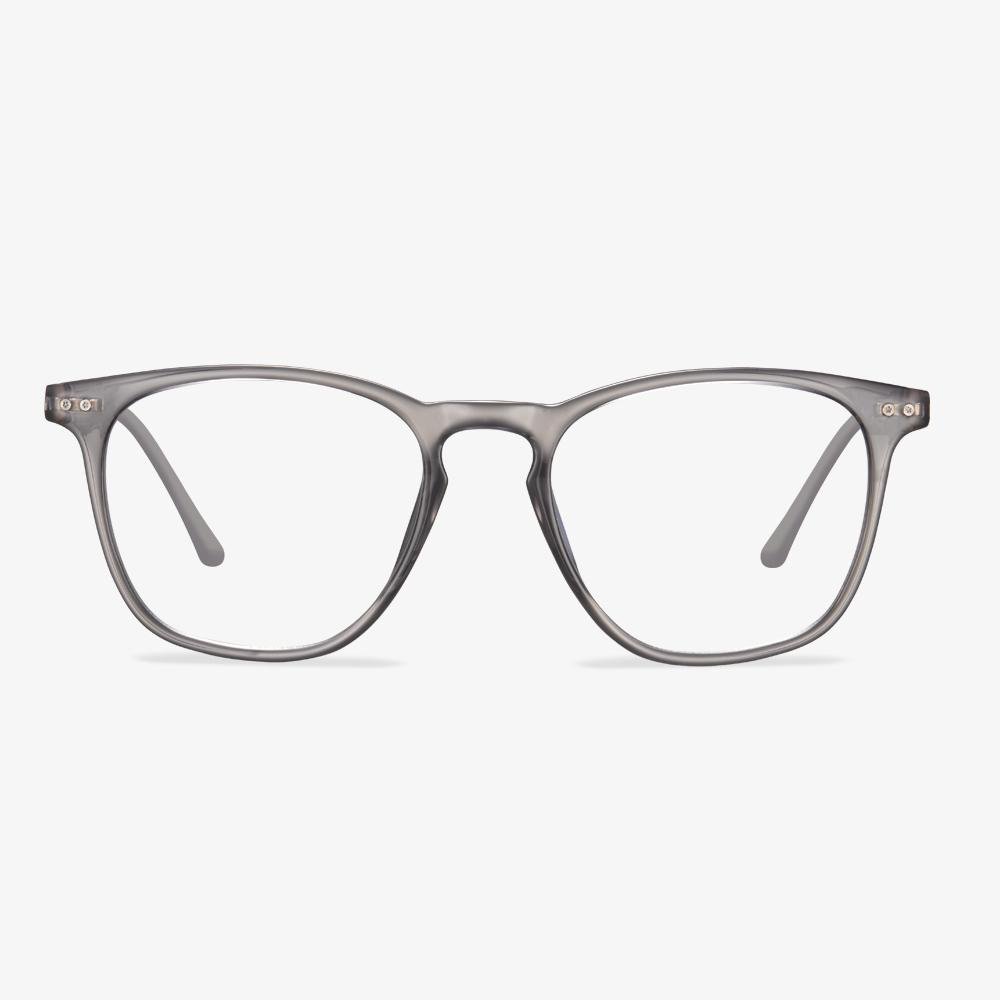
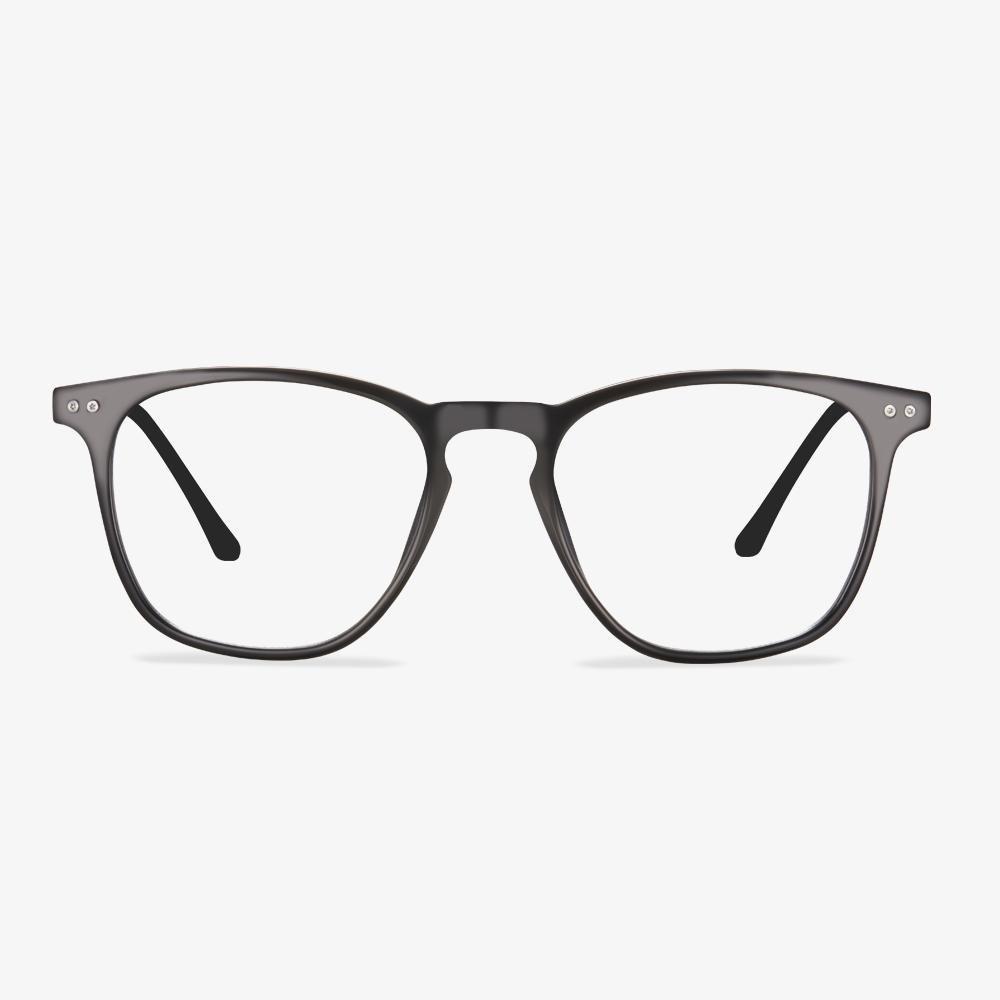
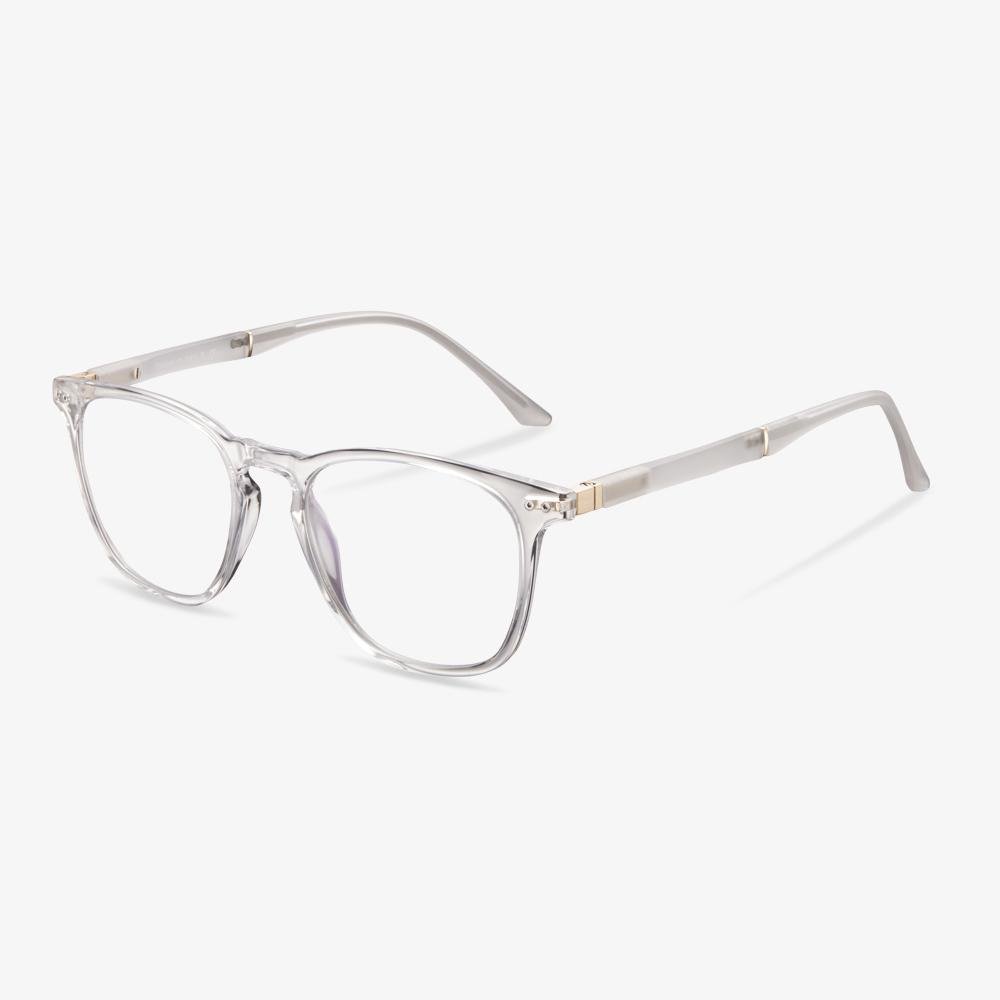
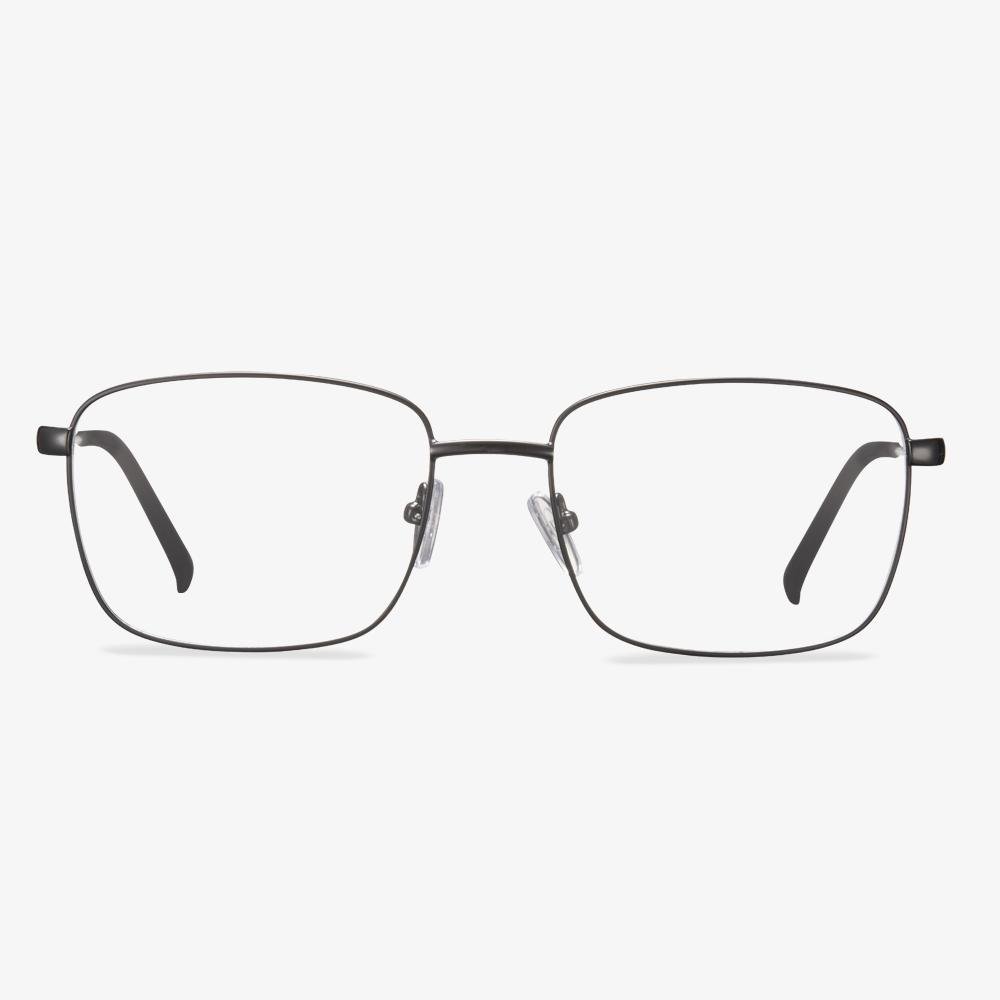
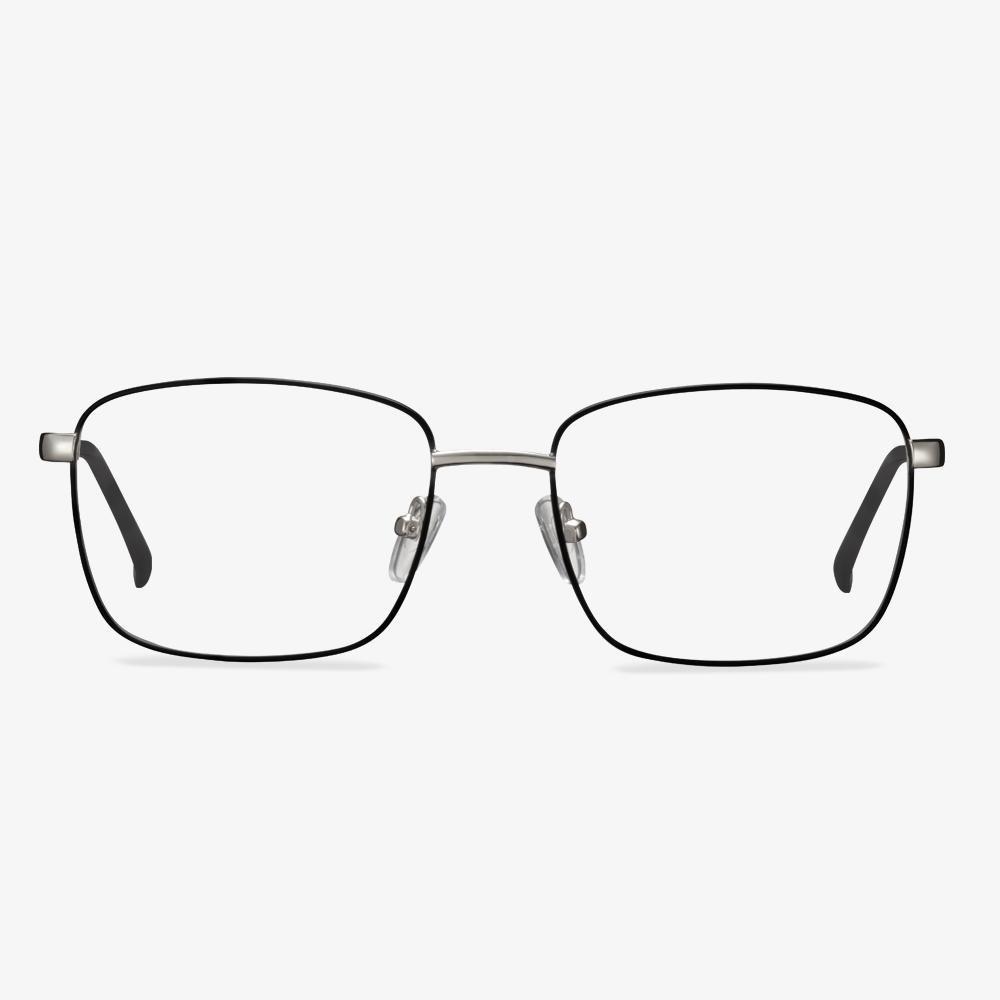
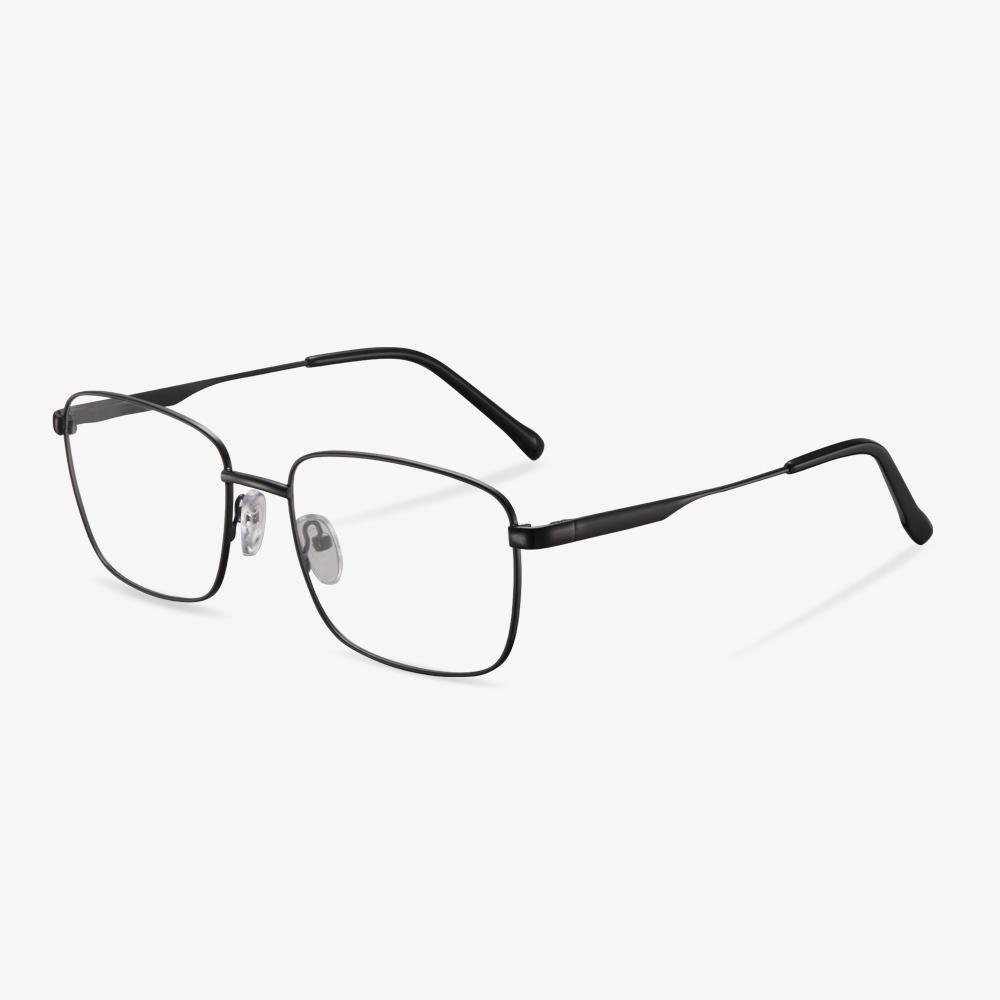
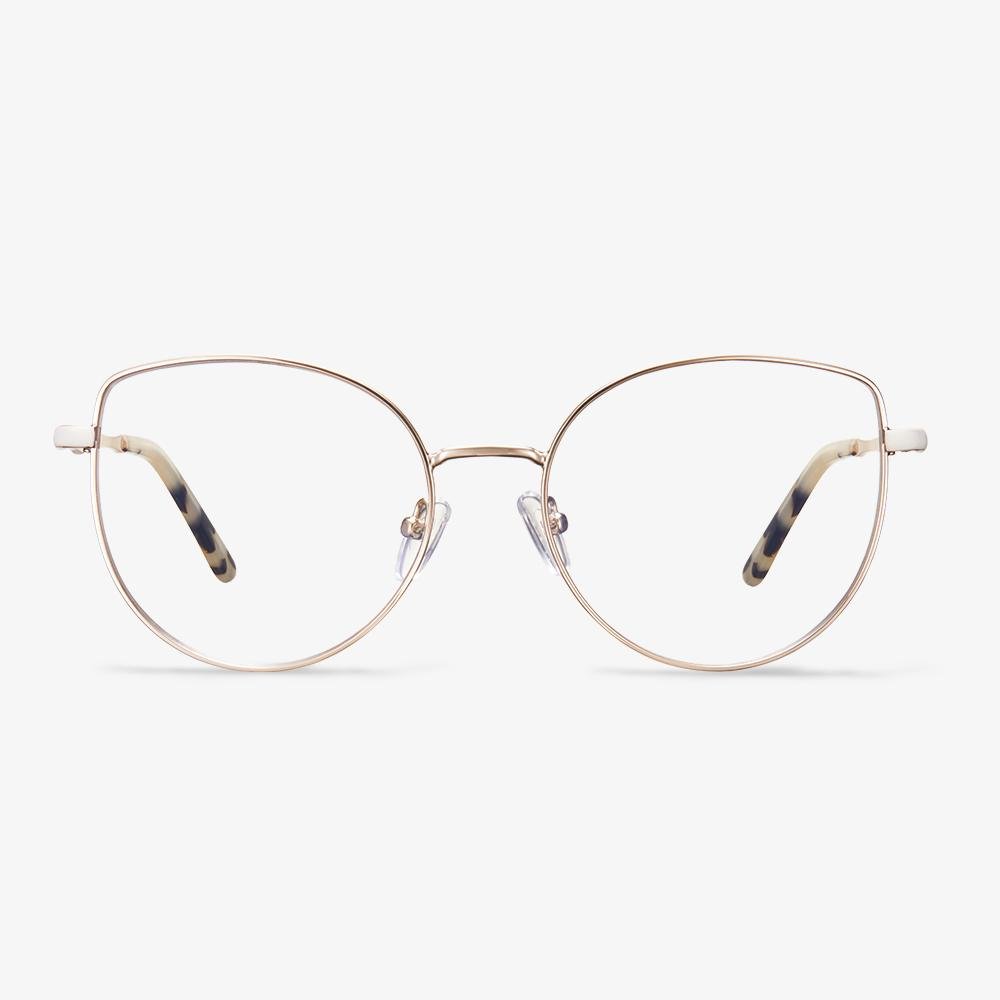
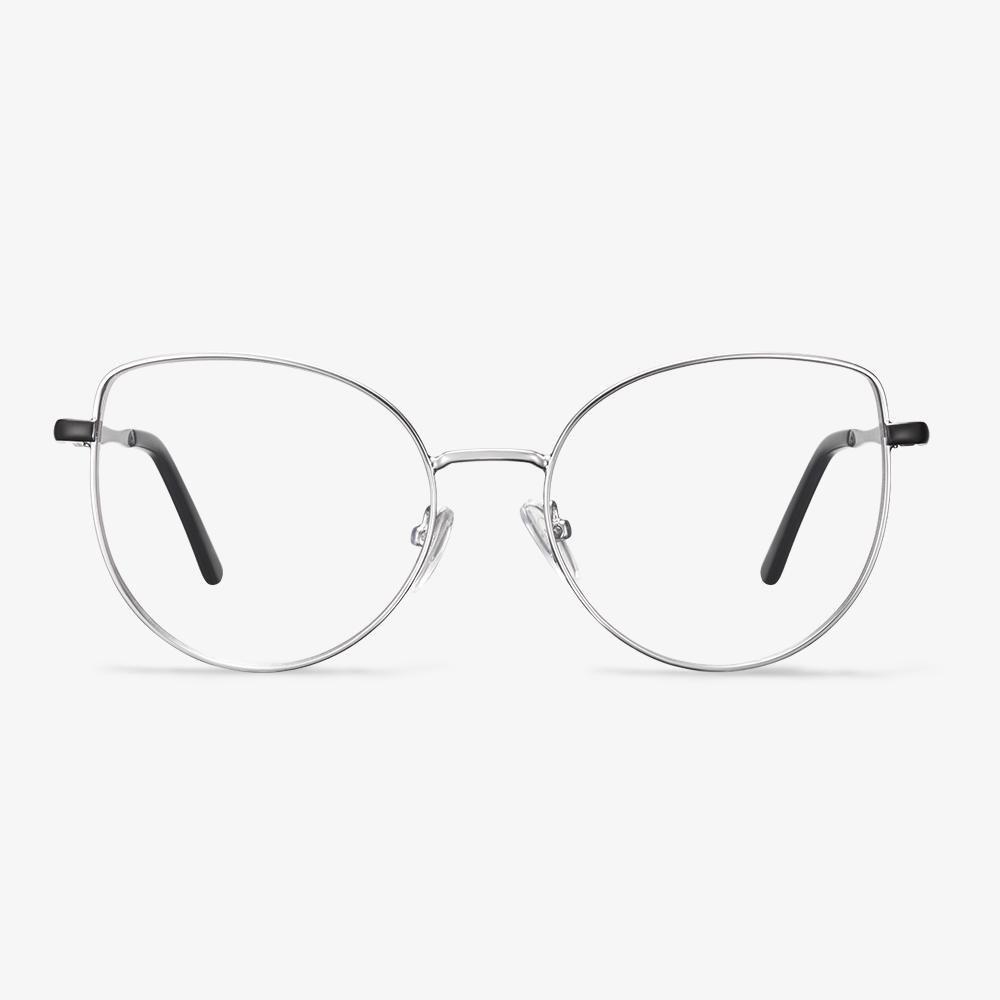
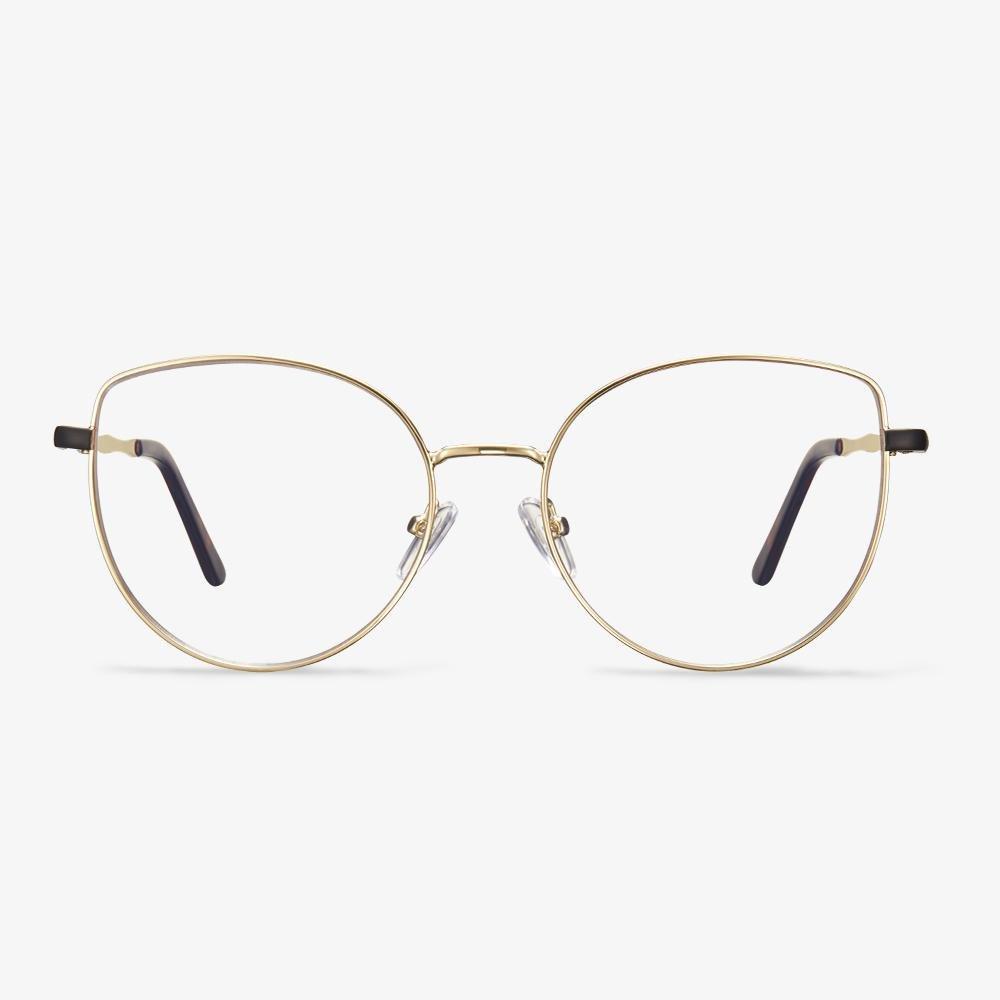
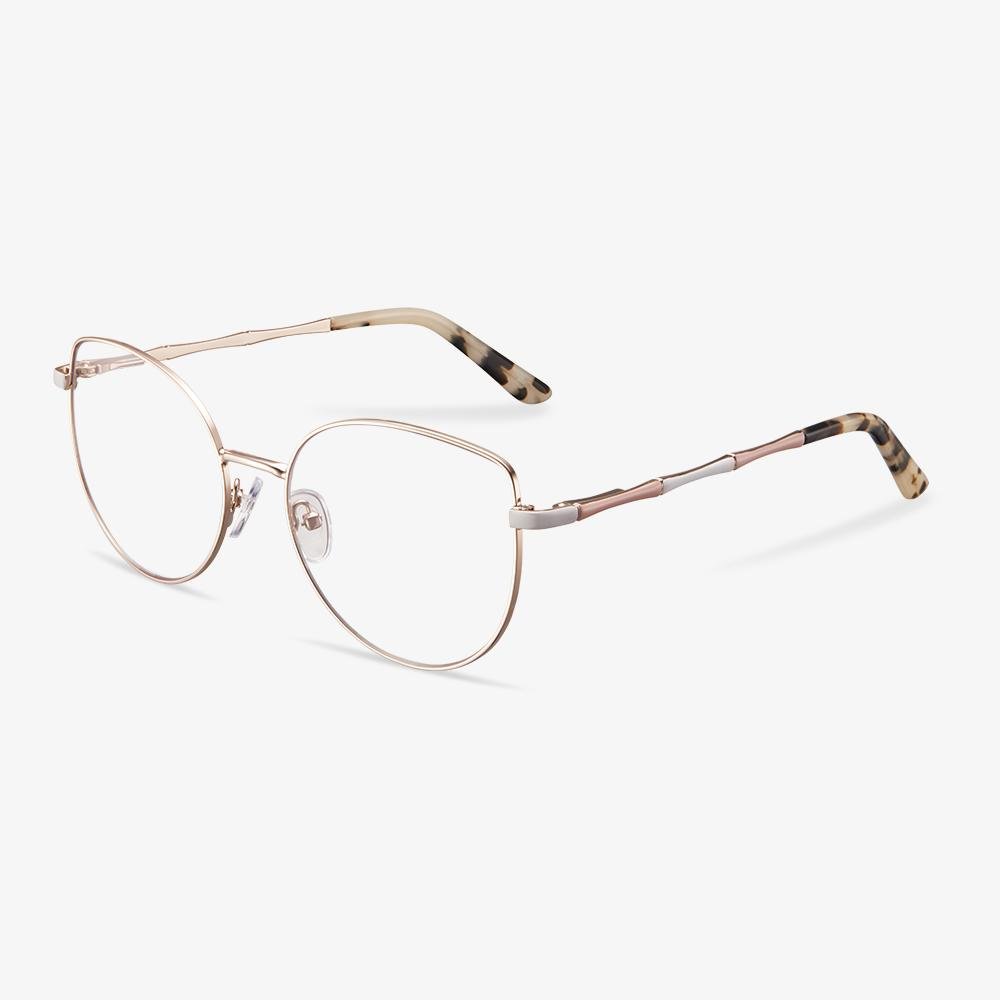
1 comment
Syed
Appears there’s a mix up in this article. The title is of weeks the wrong lens will damage eyesight, whereas the body talks about pseudo myopia.
Your articles are useful. Thanks for the same.
Appears there’s a mix up in this article. The title is of weeks the wrong lens will damage eyesight, whereas the body talks about pseudo myopia.
Your articles are useful. Thanks for the same.